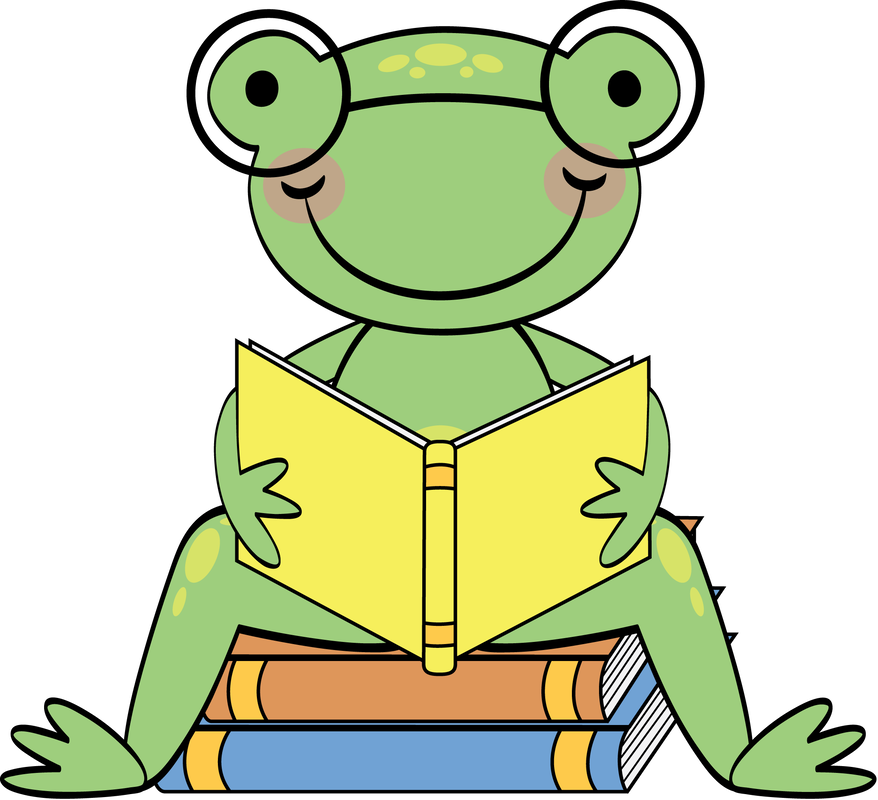1. Eat a healthy meal before you start to crack open those books. And prepare a few healthy snacks in advance to carry you along through the night. Since the body and mind are connected, you have to take care of them both. Keep hydrated with water or tea and wear comfortable clothing; nothing scratchy or itchy. Eat a good meal before beginning and that means cutting back on sugary or starchy foods. High protein foods, like grilled chicken or scrambled eggs, are better options. Drink green tea with acai. And follow your meal with a few bites of dark chocolate. Eating well (and healthy) before you start minimizes the chances you'll get hungry and distracted later on. Have some healthy snacks prepared ahead of time; mixed nuts, dried fruit, or protein bars are great choices.
2. Set up a comfortable spot for studying. Be sure you have all your study materials with you, as well. These include pencils, pens, note paper,/note cards, highlighters, quizzes, tests, handouts, and study guides. After you've gathered your items together, arrange them in a way that makes it easy for you to find the things you need. By the night before the big test, you should already have a good baseline of knowledge on the test subject(s). Use mnemonic devices to help you remember information. If you're not familiar with the term, "mnemonic device are techniques a person can use to help them improve their ability to remember something. In other words, it's a memory technique to help your brain better encode and recall important information." It's harder to recall straight facts than it is to have a network of connected ideas that you can rely on.
3. Study for 30-45 minutes, then take a 5-minute break. It can be difficult to cram a lot of knowledge into your brain all at once. Review the materials a few days before your study night. That way, you can spread out all your course materials and review each part over the course of a few days and sessions.
4. If you can, use the buddy system. If you really want to test your knowledge, try explaining the material to someone who's not in your class. Someone like a friend or family member. After you explain it to them, do they understand what you're talking about? have them ask questions and see if you can answer them. As you go, make a list of the facts/items you can't remember. Then go back and restudy those. Write down all your mnemonic devices, important dates, and quick facts on one sheet of paper. Refer to it the morning of your big test.
5. Get a good night's sleep. Nothing will make your brain foggier than not getting any (or enough) sleep. Sleep deprivation clouds the mind; your brain will be in survival mode and recalling facts won't be its priority. On the morning of the test eat a good and healthy breakfast. This will give you the energy to sit through the testing period without getting sleepy. On your way to the test, quickly review your "cheat sheet"...the one with your important facts and mnemonic devices. Then, put it away. As you're taking your test, you'll be able to rest assured that you've done everything possible to give yourself the edge needed to do well.
After taking any test, I always reward myself for doing a good job. The reward can be something small like having a favorite treat. Or it can be something bigger, like making a purchase of some kind. Rewards are important, I think. We need to remind ourselves, now and then, that we are doing a good job. And a doing a good job means a pat on the back.
I hope you'll come back tomorrow for another blog. Until then, I wish you a happy new week, filled with
PEACE.

 RSS Feed
RSS Feed